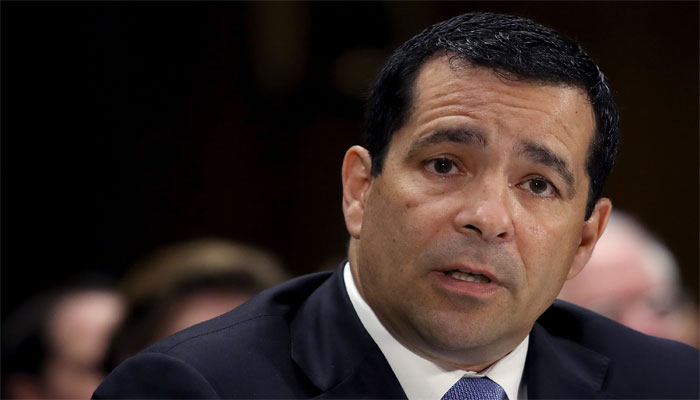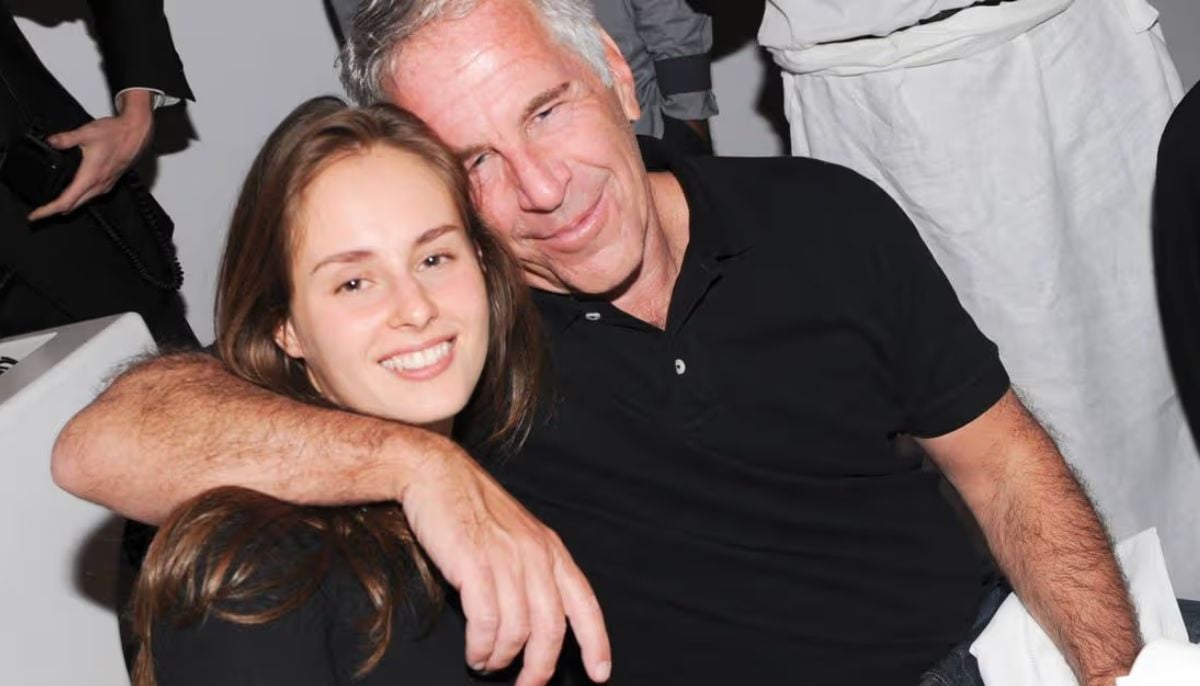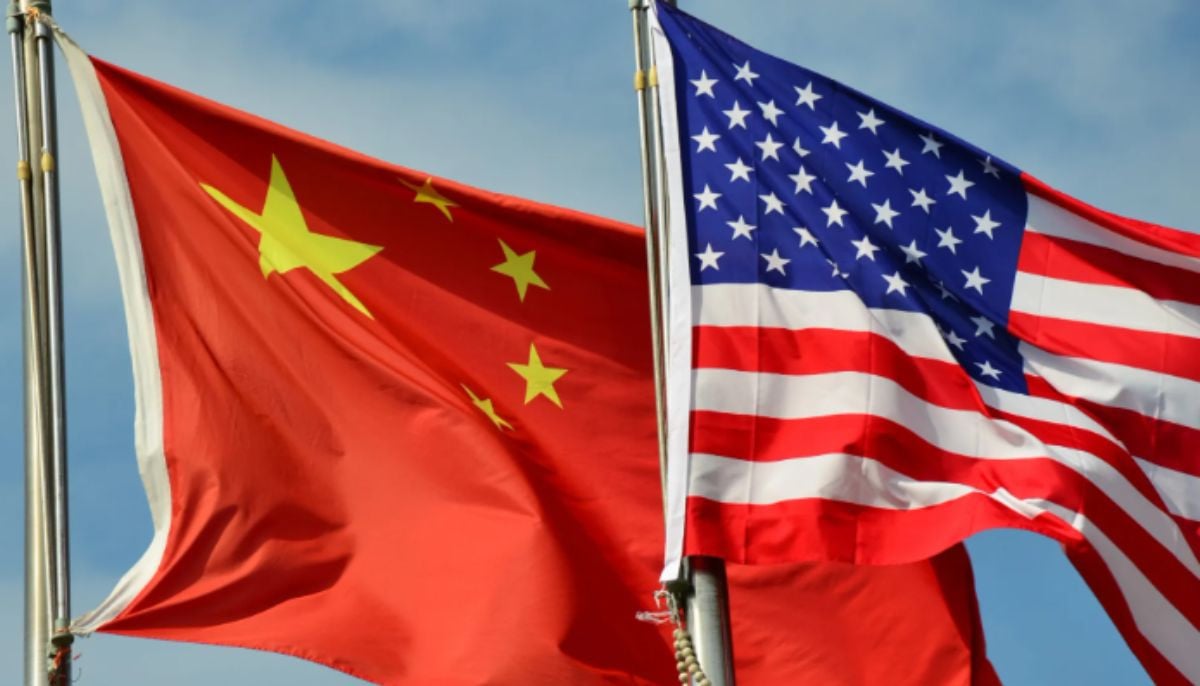U.S. accuses China of `super aggressive` spy campaign on LinkedIn
The United States’ top spy catcher said Chinese espionage agencies are using fake LinkedIn accounts to try to recruit Americans with access to government and commercial secrets, and the company should shut them down.
WASHINGTON: The United States’ top spy catcher said Chinese espionage agencies are using fake LinkedIn accounts to try to recruit Americans with access to government and commercial secrets, and the company should shut them down.
William Evanina, the U.S. counter-intelligence chief, told Reuters in an interview that intelligence and law enforcement officials have told LinkedIn, owned by Microsoft Corp., about China’s “super aggressive” efforts on the site.
He said the Chinese campaign includes contacting thousands of LinkedIn members at a time, but he declined to say how many fake accounts U.S. intelligence had discovered, how many Americans may have been contacted and how much success China has had in the recruitment drive.
German and British authorities have previously warned their citizens that Beijing is using LinkedIn to try to recruit them as spies. But this is the first time a U.S. official has publicly discussed the challenge in the United States and indicated it is a bigger problem than previously known.
Evanina said LinkedIn should look at copying the response of Twitter, Google and Facebook, which have all purged fake accounts allegedly linked to Iranian and Russian intelligence agencies.
“I recently saw that Twitter is cancelling, I don’t know, millions of fake accounts, and our request would be maybe LinkedIn could go ahead and be part of that,” said Evanina, who heads the U.S. National Counter-Intelligence and Security Center.
It is highly unusual for a senior U.S. intelligence official to single out an American-owned company by name and publicly recommend it take action. LinkedIn says it has 575 million users in more than 200 counties and territories, including more than 150 million U.S. members.
Evanina did not, however, say whether he was frustrated by LinkedIn’s response or whether he believes it has done enough.
LinkedIn’s head of trust and safety, Paul Rockwell, confirmed the company had been talking to U.S. law enforcement agencies about Chinese espionage efforts. Earlier this month, LinkedIn said it had taken down “less than 40” fake accounts whose users were attempting to contact LinkedIn members associated with unidentified political organizations. Rockwell did not say whether those were Chinese accounts.
“We are doing everything we can to identify and stop this activity,” Rockwell told Reuters. “We’ve never waited for requests to act and actively identify bad actors and remove bad accounts using information we uncover and intelligence from a variety of sources including government agencies.”
Rockwell declined to provide numbers of fake accounts associated with Chinese intelligence agencies. He said the company takes “very prompt action to restrict accounts and mitigate and stop any essential damage that can happen” but gave no details.
LinkedIn “is a victim here,” Evanina said. “I think the cautionary tale ... is, ‘You are going to be like Facebook. Do you want to be where Facebook was this past spring with congressional testimony, right?’” he said, referring to lawmakers’ questioning of Facebook CEO Mark Zuckerberg on Russia’s use of Facebook to meddle in the 2016 U.S. elections.
China’s foreign ministry disputed Evanina’s allegations.
“We do not know what evidence the relevant U.S. officials you cite have to reach this conclusion. What they say is complete nonsense and has ulterior motives,” the ministry said in a statement.
-
Travis Kelce's mom Donna Kelce breaks silence on his retirement plans
-
Hailey Bieber reveals KEY to balancing motherhood with career
-
Hillary Clinton's Munich train video sparks conspiracy theories
-
Woman jailed over false 'crime in space' claim against NASA astronaut
-
Columbia university sacks staff over Epstein partner's ‘backdoor’ admission
-
Ohio daycare worker 'stole $150k in payroll scam', nearly bankrupting nursery
-
Michelle Yeoh gets honest about 'struggle' of Asian representation in Hollywood
-
US, China held anti-narcotics, intelligence meeting: State media reports












